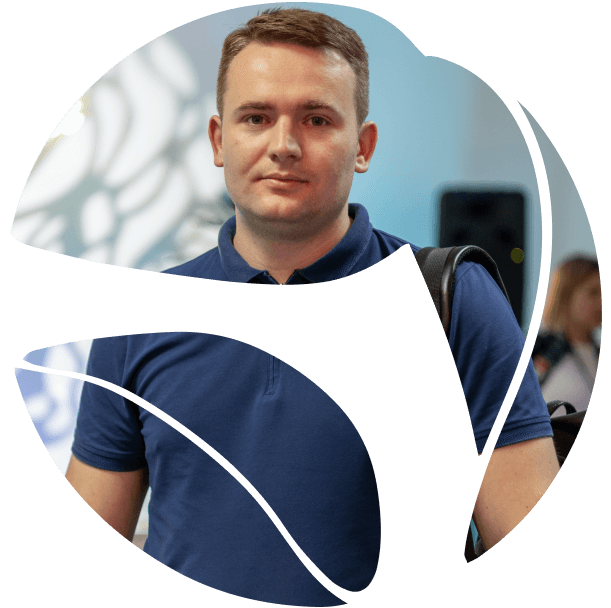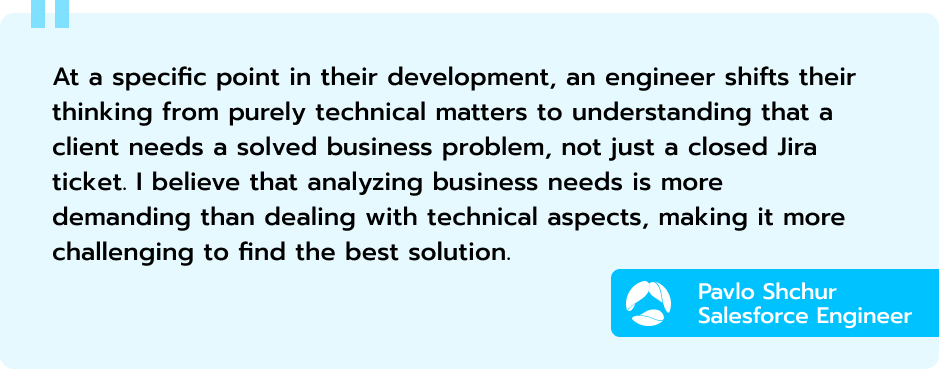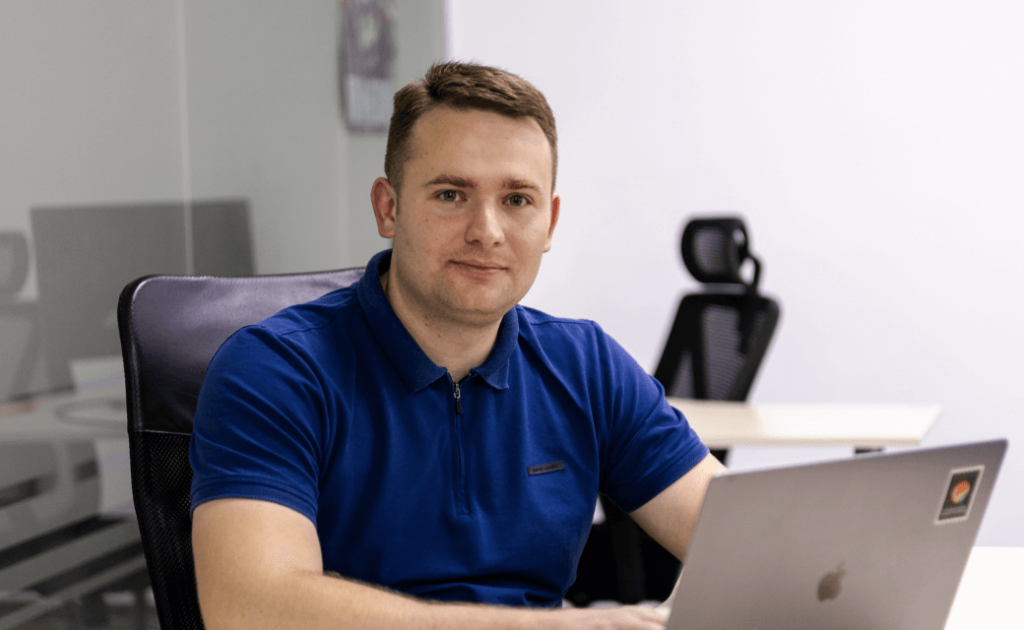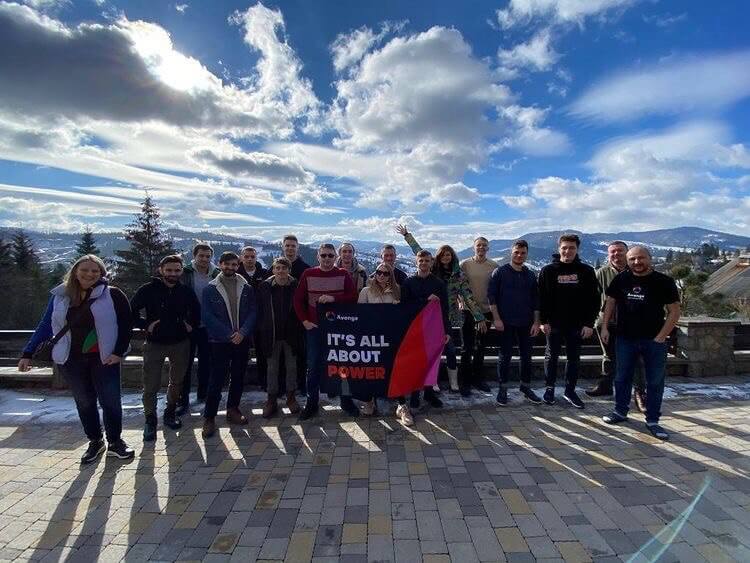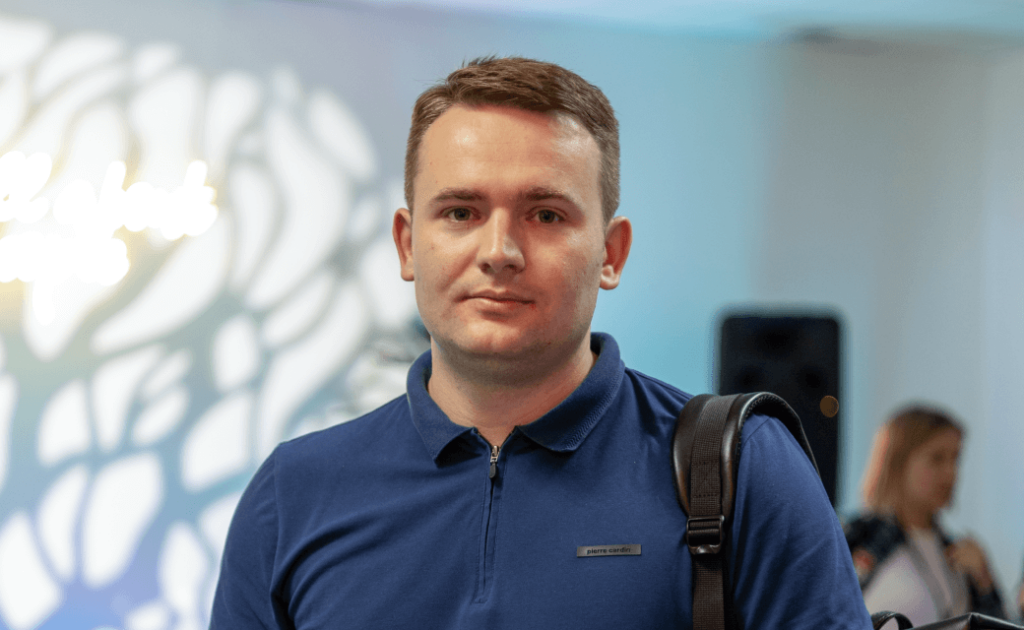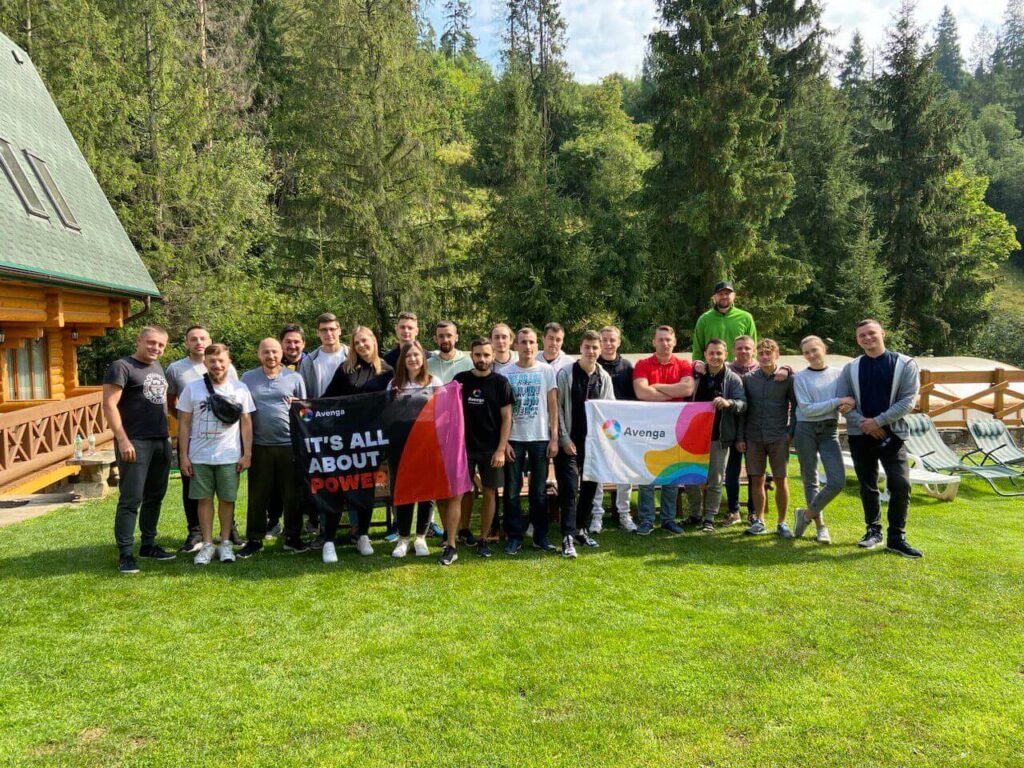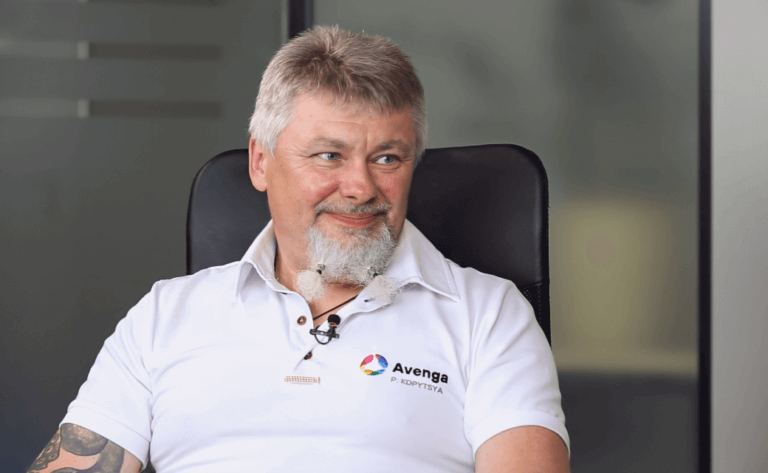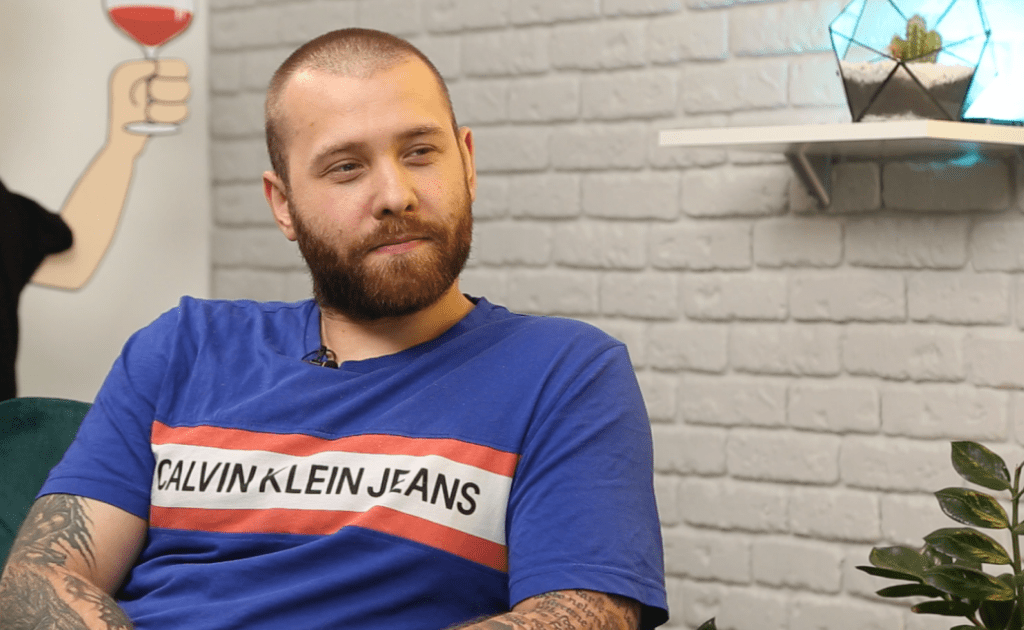Salesforce opens doors for anyone who wants to create business applications using declarative programming tools or code for both front-end and back-end development. Pavlo’s career journey serves as an inspiring example of how people without IT-related background can enter the industry and unlock endless development prospects by leveraging Salesforce technology.
Pavlo, how did your journey in Salesforce development begin?
I have two degrees, one in economics and another in philosophy. I was one of those students who enjoyed taking extra courses and participating in sports clubs. Typically, these were language courses.

Back then, IT wasn’t my main interest, but I had some savings, so I bought a laptop and enrolled in two Java courses. As these courses were coming to an end, just like my fellow students, I began applying for different jobs. I applied to the Salesforce Academy at Corevalue (now Avenga), and after successfully completing it, I joined the team as a Trainee.
At the very beginning, it was tough. While other students became Salesforce Developer Trainees in just three months, it took me twice as long — six months. Nevertheless, my mentors put remarkable trust in me, and I’m incredibly thankful to them.
From the moment I first got to know Salesforce, I was drawn to its versatility. It opened up a world where I could write code, work with ready-made solutions, develop in different directions, and complete Trailhead (a free training platform by Salesforce). It was all incredibly engaging and provided ample learning opportunities. The versatility of Salesforce fascinated me back then and continues to pique my interest today.
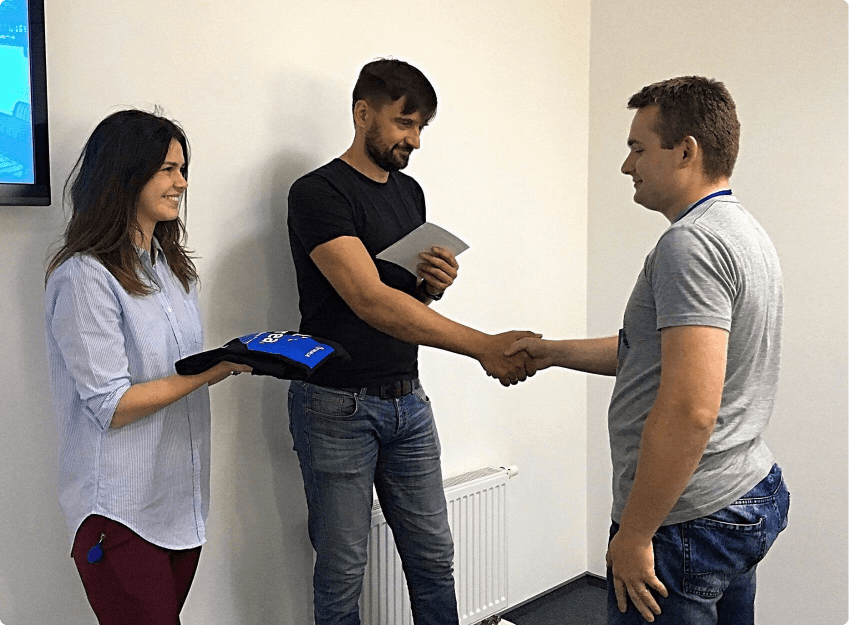
Tell us more about Salesforce and what its main features are.
Salesforce encompasses a variety of products that solve different business tasks for companies and their clients.
A typical organization has processes for acquiring customers, selling products, and supporting products already sold. Salesforce offers solutions like Marketing Cloud, Sales Cloud, and Service Cloud to handle these tasks. We can also utilize Salesforce Marketing Cloud Account Engagement (Pardot) for a more detailed approach to marketing processes. If you need to build a proposal generation process, Salesforce CPQ is available within Sales Cloud. For enhancing customer interactions with existing clients, there’s Field Service (Field Service Lightning).
Speaking of a person’s economic interactions, Salesforce offers solutions that span nearly all business processes encountered throughout life. It includes Education Cloud for educational institutions, Health Cloud for medical facilities, and for financial matters like mortgages, there’s Financial Services Cloud, and the list continues.
